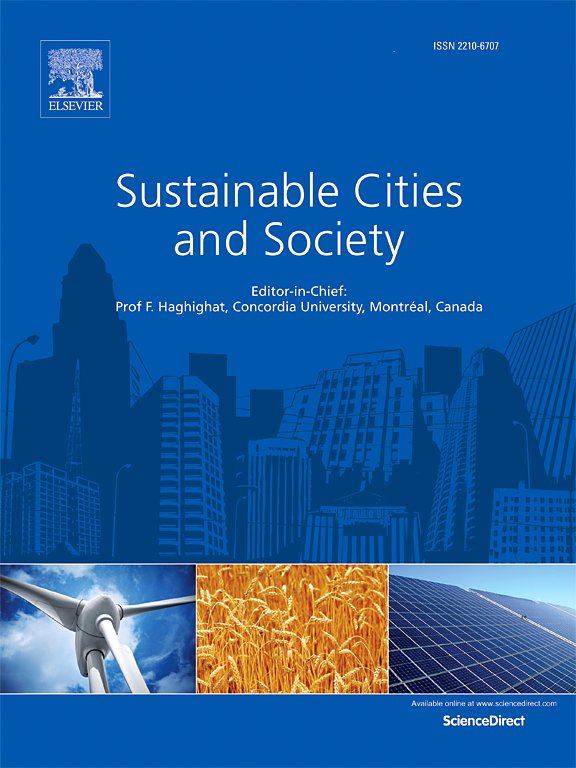
In Singapore, digital technologies – and the “smart” solutions they give rise to – have been embraced as a panacea that can improve the socio-material management of cities by improving efficiency and reducing costs. One of the most significant social challenges that Singapore faces is its ageing population, and the question of how caregiving will be provided, and paid for, both now and in the future.
In response to this challenge, a number of digitally-enabled “smart eldercare” solutions have been developed and trialled to relieve the pressure on caregivers by making caregiving an act that is less dependent on the physical co-presence of the provider and recipient of care. SMU’s School of Information System has been involved in developing and testing a series of smart eldercare technologies – including a panic button, movement sensors, and a smart medicine box – through its SHINESeniors project. Whilst SIS’s focus was on developing a technical solution to the problem of caregiving, Associate Professor Orlando Woods’ project – in collaboration with Professor Lily Kong – was to try and understand the human dimension; in other words, to try and understand how the participants used, misused, or did not use the technologies being trialled, and why. Focusing on Singapore’s narrative of sustainability, this paper argues that parallel regimes of sustainability emerge from the non-alignment and non-integration of society and technology, which thus problematizes the inclusiveness of Singapore’s vision to become a “Smart Nation”.
Woods, O. (2020) Subverting the logics of “smartness” in Singapore: Smart eldercare and parallel regimes of sustainability, Sustainable Cities and Society, 53: 1-7.